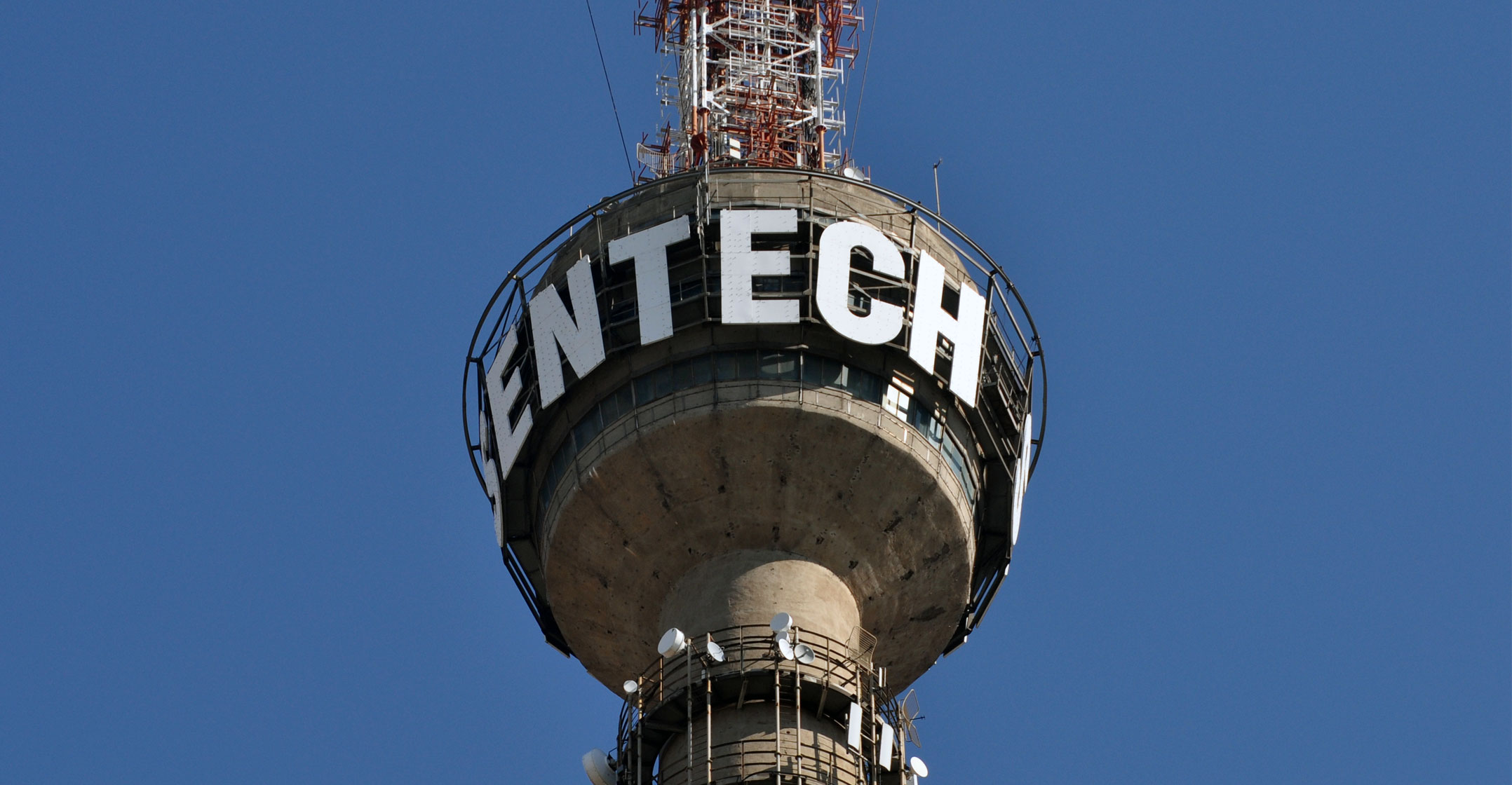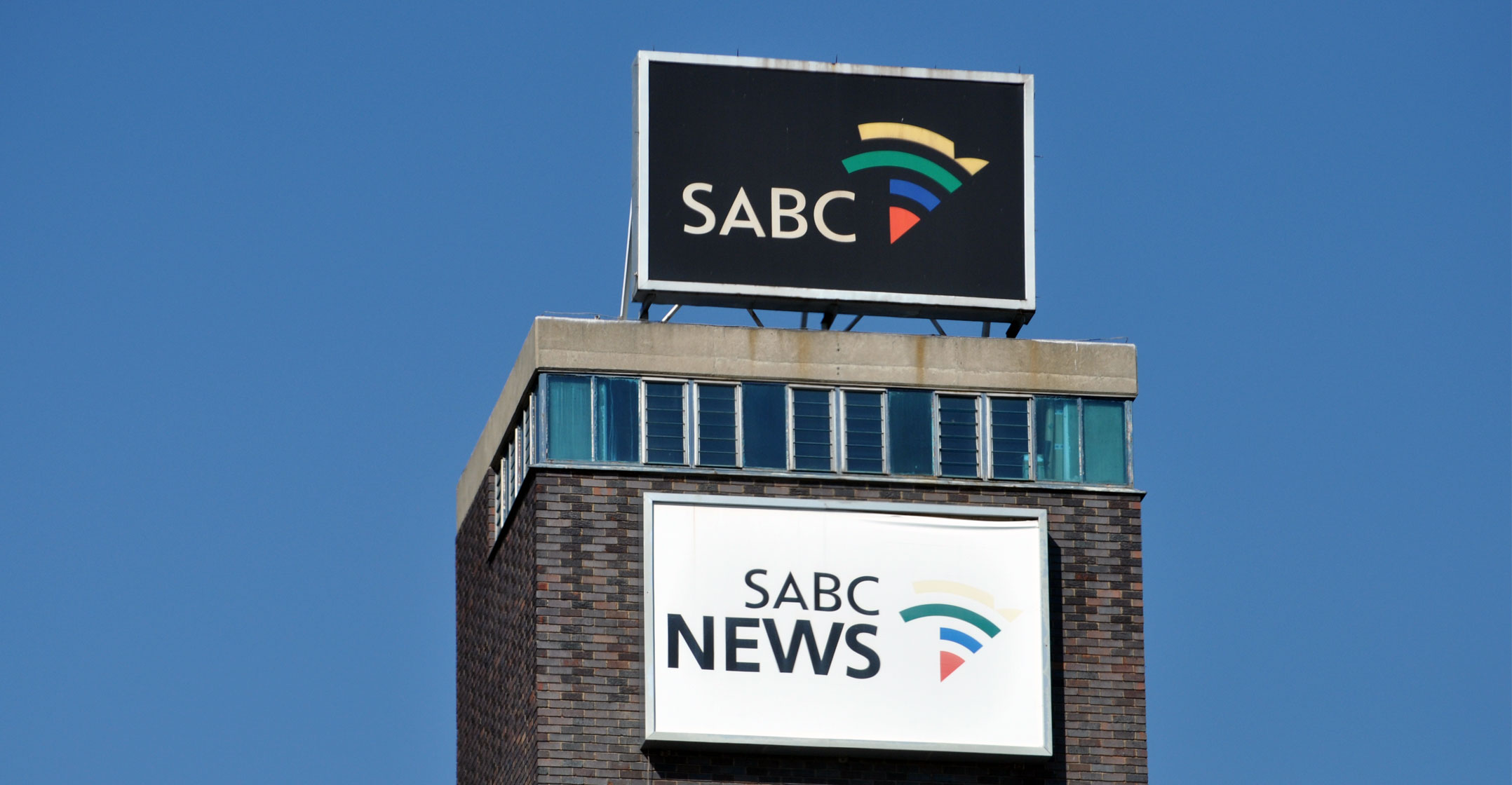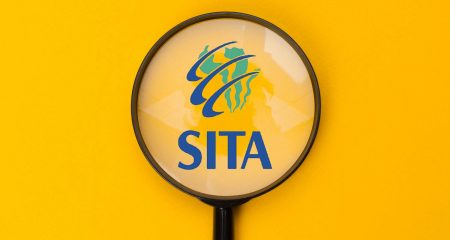 The SABC and its commercial free-to-air rival e.tv have attacked Sentech, accusing the broadcasting signal distributor of excessive pricing and anticompetitive behaviour.
The SABC and its commercial free-to-air rival e.tv have attacked Sentech, accusing the broadcasting signal distributor of excessive pricing and anticompetitive behaviour.
Their broadsides against the state-owned enterprise are included in formal submissions to communications regulator Icasa, in which they call for urgent regulatory interventions in the signal distribution market to deal with alleged monopolistic abuses by Sentech.
The submissions form part of a market inquiry by Icasa into the signal distribution services market in South Africa. For its part, Sentech has said it wants the regulator’s discussion document withdrawn.
E.tv parent eMedia Investments said in its submission that it is “deeply concerned at the fact that the issues relating to significant market power in relation to signal distribution services have been ignored for decades”.
“This is despite pleas by the broadcasters that the market needed urgent regulation. Indeed, Icasa recognised as far back as 2010 that there was an urgent need to regulate the market due to Sentech’s undisputed dominance,” eMedia said. “Yet Icasa has taken no steps in this regard… All this has been to the detriment of broadcasters and caused them financial harm.”
The broadcasting group, which also owns direct-to-home satellite platform Openview, accused Icasa of not fulfilling its own mandate and failing terrestrial broadcasters “while enabling Sentech, the dominant player in signal distribution services, to further entrench its position”.
“Icasa has allowed Sentech to engage in anticompetitive pricing and exploit this given the uneven bargaining positions between Sentech (as the only option to provide broadcast signal distribution services) and its customers, being television and radio broadcasters.”
No choice
Broadcasters, other than M-Net – working with sister company Oribcom – had no choice but to use Sentech’s services, eMedia claimed in its submission.
“Sentech also benefitted significantly in terms of the switchover from analogue TV to digital terrestrial television (DTT), as its heavy investment was totally funded by government. This fact was not taken into account when Sentech finalised its DTT broadcast signal distribution tariffs,” it added.
“Icasa cannot rest on its laurels as it has done since 2011 and needs to urgently proceed with the current inquiry and regulate the transmission services market. While the authority has shown alacrity of speed in dealing with certain issues, such as analogue switch-off and the spectrum auction, when it comes to dealing with competition issues, it fails to act with alacrity or at all.
“Sentech should be compelled into negotiating new agreements for the provision of DTT services [and] not to over-inflate its prices by, for example, basing them on costs which have already depreciated or been amortised,” eMedia said.
“Regulations need to be imposed for an open and transparent pricing structure and to regulate the tariffs charged by Sentech on a non-discriminatory basis. This will allow broadcasters such as e.tv to engage in meaningful negotiations with Sentech concerning not only the tariffs to be charged but also in relation to the provision of its services.”
 The SABC also strongly criticised Sentech’s tariffs and behaviour, describing them as “not appropriate or correct”. It said its concerns led to the creation of a “chart of accounts project” at the public broadcaster to determine the fairness or otherwise of Sentech’s fees.
The SABC also strongly criticised Sentech’s tariffs and behaviour, describing them as “not appropriate or correct”. It said its concerns led to the creation of a “chart of accounts project” at the public broadcaster to determine the fairness or otherwise of Sentech’s fees.
“The details of the various costs per service and per transmission site have been requested from Sentech with the objective of understanding how the structure of the cost for each service was derived. Sentech has not been cooperative in this regard for the past two years,” the public broadcaster alleged in its submission.
“The SABC is of the view that Sentech’s conduct contravenes … the Electronic Communications Act, which provides that in determining its tariffs, Sentech must duly take into account the nature and technical parameters of the service provided to each broadcasting licensee with a view to ensuring that the different tariffs are appropriate and commensurate with the various broadcasting services to which they relate.”
Sentech, meanwhile, has suggested that Icasa should withdraw its discussion document. It cited numerous reasons for this in its submission to the regulator, including upcoming legislative changes in the audiovisual services market and the possible rationalisation of state-owned enterprises in the ICT sector into a State Digital Infrastructure Company. – © 2022 NewsCentral Media




